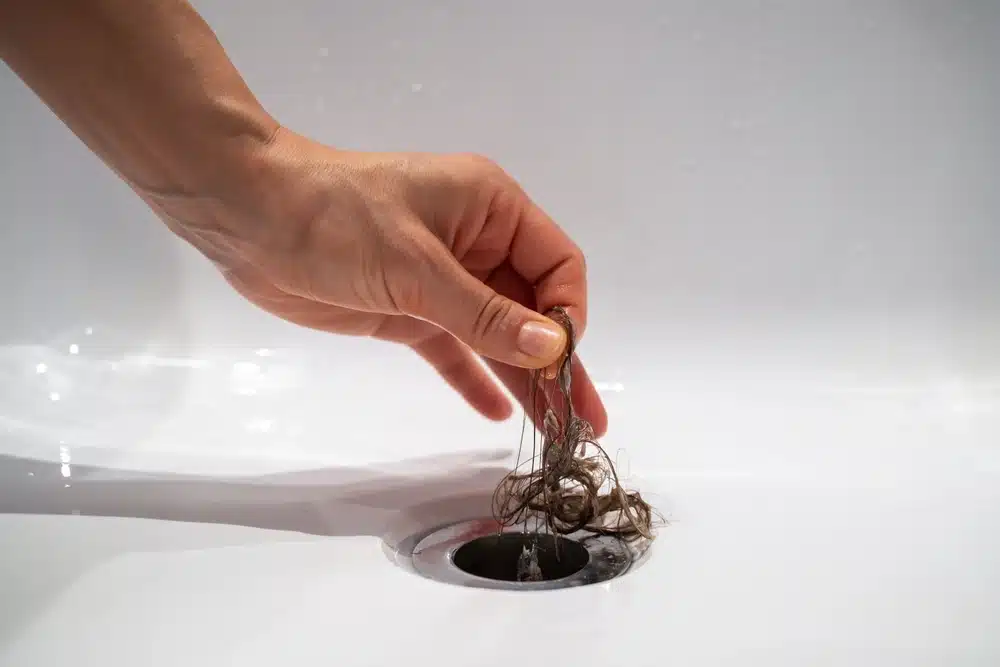The menopause is something that will affect most women during their lifetimes and there are many side effects that come with the menopause. Today, we’re going to focus on the menopause and how it can affect your hair.
What is the menopause?
The menopause is something that happens to women, usually around the age of 51. The menopause is when a women stops having periods and are no longer able to get pregnant naturally. The menopause is a natural part of ageing that usually occurs between the age of 45 and 55 as a women’s oestrogen levels decline.
During the menopause you can experience a lot of changes to your body, some of these changes can happen to your hair.
Will the menopause change my hair?
During the menopause, your oestrogen levels decline, decreasing levels of oestrogen and progesterone can affect the hair growth cycle. It can cause the hair to grow slower and become much thinner over time, for some hair can start to shed.
A decrease in these hormones can also trigger an increase in the production of androgens or a group of male hormones. An excess amount of androgens can shrink hair follicles, which over time, will cause hair to shed faster than new hair can grow – causing hair loss. For those with high androgen levels, you can also start to experience excess hair in unwanted places such as the chin and upper lip.
Changes in your hair during the menopause is very common. Around 40% of women will experience hair thinning or hair loss during and after menopause.
Although changes to the hair during the menopause are usually related to hormonal change, it is important to remember there are other factors that contribute to hair loss. Some of these factors can include stress, illness, a change in medication or even a lack of nutrients.
Can I stop menopause-related hair loss?
Hair loss due to hormonal changes, such as in the menopause is something that can be dealt with. You can start by taking better care of your hair by reducing heat usage, you can also try to reduce stress as much as possible and ensure you eat a balanced diet so that you are getting the nutrients needed.
After a big hormonal change, especially if you have an excess of male androgens your hair may not resume its normal growth cycle and you might need to visit hair loss specialist.
If you would like more information on hair loss and treatments, please contact us today for a no obligation consolation.


